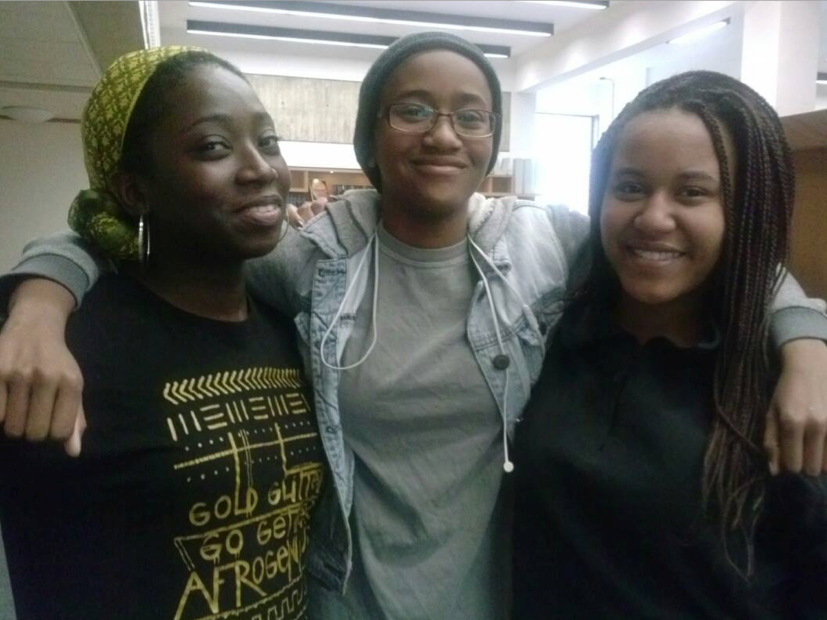Kamika’s Division III, Capital, Empire, and the US Deportation System, was guided by her desire to seek out and amplify the voices of the Black and im/migrant communities, especially the experiences of Black immigrants. Her inspiration was her own lived experience as an organizer within the Immigrant Rights Movement and Movement for Black Lives, which she describes as a strong foundation for conducting her research thesis. She began with an independent field study in Kingston, Jamaica, where she worked with the Family Unification and Resettlement Initiative and the National Organization of Deported Migrants. With their assistance, she identified 17 interviewees from whom she could learn about their experiences with criminalization and deportation. She sought to document and address interviewees’ experiences of immigration to the United States, targeting by racialized “War on Drugs” policies from the 1980s to the present, detention within the United States, eventual deportation to Jamaica, and the impact of these experiences on post-deportation life. She expanded her analysis to draw connections between this cycle of deportation and disposal of Jamaican non-citizens living in the United States and then to the larger themes of capitalism, exploitation, and the reproduction of violence.
With the support of ECG’s Common Good Scholar Grant, she was able to work with two Div II student transcribers to document the 17 interviews, which gave them the chance to build their skills and provided valuable data to the two organizations that supported her work in Jamaica.
Back in the United States, Kamika facilitated a workshop at the first Black and Undocumented Convening, in Miami, to impart information and tell stories from her interviewees to the wider community. She was also a featured speaker at “#BlackMigrantsLivesMatter: Black Immigrant Experiences in the U.S.”, a panel discussion cosponsored by ECG and the Hampshire Immigrant Solidarity Network.


